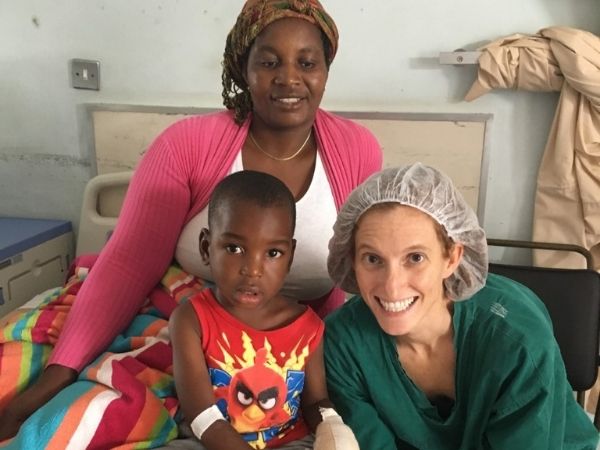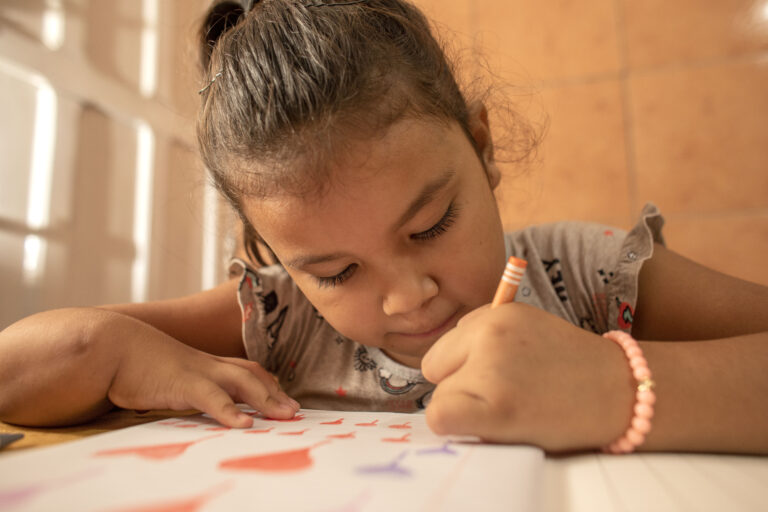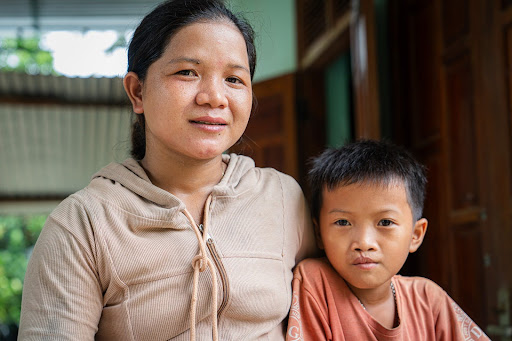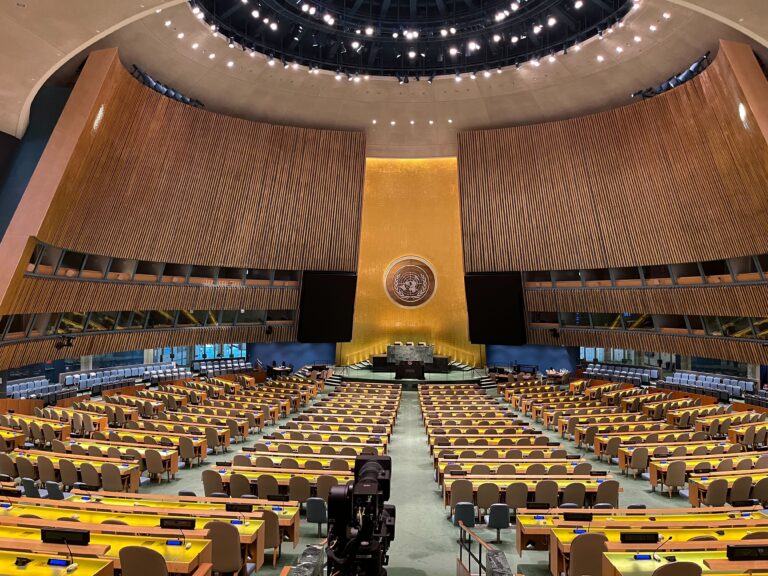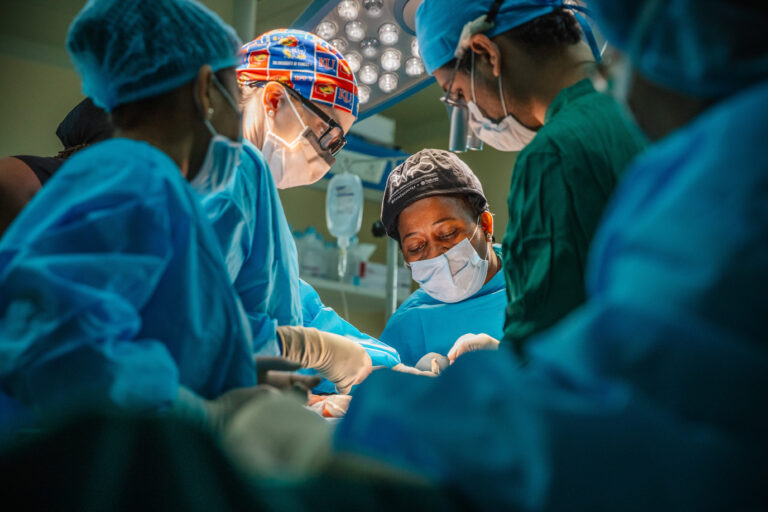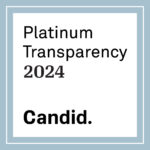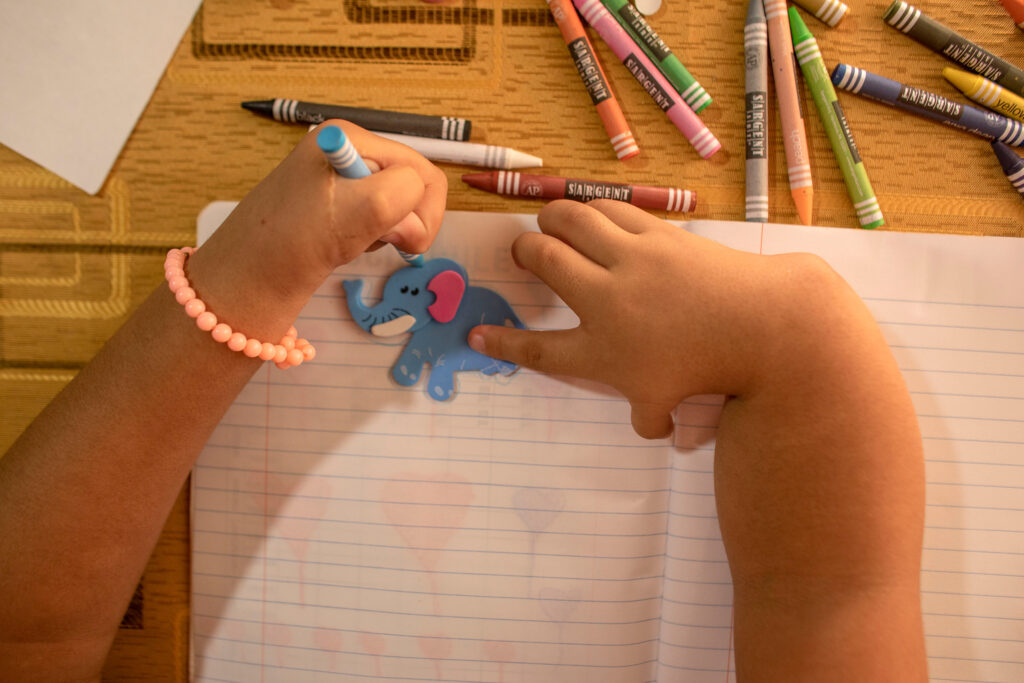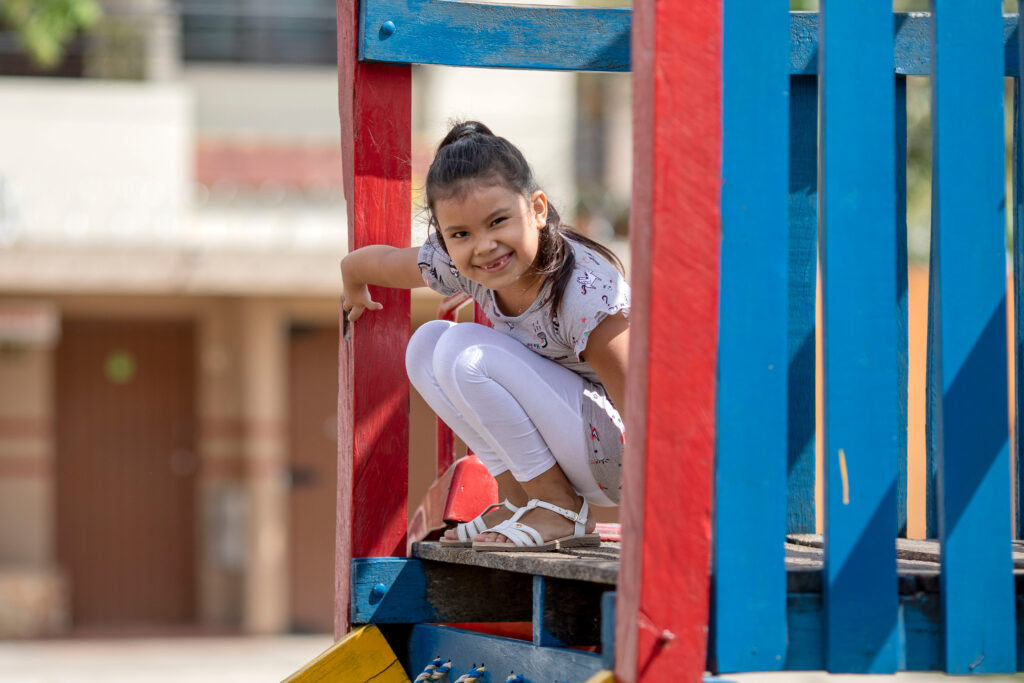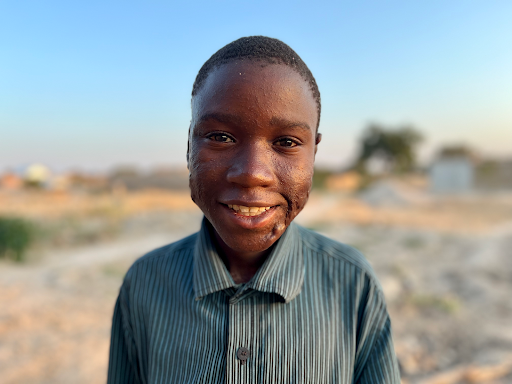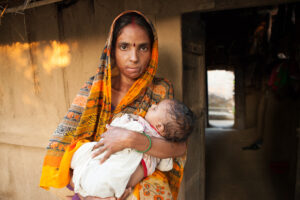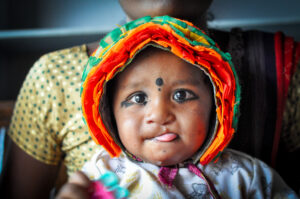Sometimes the most meaningful things in life happen by chance. Dr. Paige Fox is a Professor in the Division of Plastic and Reconstructive surgery at Stanford University. When Dr. Fox was in medical school and was randomly assigned to do a rotation of plastic and reconstructive surgery, she didn’t know that it would soon become her calling. After her first trip as a medical volunteer with ReSurge International, this calling solidified as a life-long dedication to serving the international community and supporting women surgeons around the world.
Dharshan Sivaraj, our ReSurge medical student volunteer, met up with Dr. Fox to learn about her passion for ReSurge and giving back, as well as advice to other female surgeons on how to balance life, work and making the world a better place.
Could you talk about how you decided to pursue training in reconstructive surgery?
I stumbled upon plastic and reconstructive surgery as an MD, PhD student in medical school. I did my PhD in infectious disease and was planning to do an internal medicine residency, ultimately to become an infectious disease doctor. However, I came to the realization that I needed to pursue an interventional specialty because I enjoyed hands-on work. At my medical school, we were randomly assigned two specialties during our surgery rotation, in addition to general surgery. I was randomly assigned to plastic surgery and that is what set me on the path to becoming a plastic surgeon. I worked with a phenomenal chief resident and was totally impressed by his ability to walk in a room, look at a defect, determine a course of action, and immediately address that defect. I loved the idea of problem-solving on the spot. I decided to become a plastic surgeon and it was the best decision I ever made. I love what I do, and I love that it is a hands-on specialty that changes people’s lives.
How were you introduced to ReSurge International?
I had heard of ReSurge many years ago when it was Interplast. The organization had always been known for bringing high-quality surgical care to patients in developing countries. During the fourth year of my residency, I went on my first international trip to a small hospital in Cambodia with ReSurge Consulting Medical Officer Dr. James Chang. There was only one local surgeon at that hospital, and he did everything from general surgery to urology. He had put together a list of hand surgery patients from the surrounding area and brought them all in for us to see. That was my first introduction to seeing so many patients with no access to surgical care. It was incredible because some patients had small problems that could be treated in an outpatient fashion. However, other patients had larger problems that would need multiple-stage procedures and needed more than we could offer on that one short trip. During that trip, I realized the magnitude of need that was present, but also the potential magnitude of impact that could be made. I knew that I wanted to keep international work as part of my practice. It was clear to me that I had been given a great opportunity to learn reconstructive surgery and hand surgery. I wanted to share my knowledge and skills with people around the world.
What was your first Visiting Educator Trip as an attending physician like?
My first trip was to Zimbabwe. We were focused on doing cases that taught the basics of hand surgery, as well as cases that were rare and unique. It was interesting because despite only having two or three plastic surgeons in the whole country, the hospital had a burgeoning residency program in reconstructive surgery. There were several trainees coming up in general surgery who had a desire to learn reconstructive surgery. I realized that the ReSurge model would be successful in Zimbabwe because there were trainees there who had a strong interest in becoming practicing reconstructive surgeons within their home country.
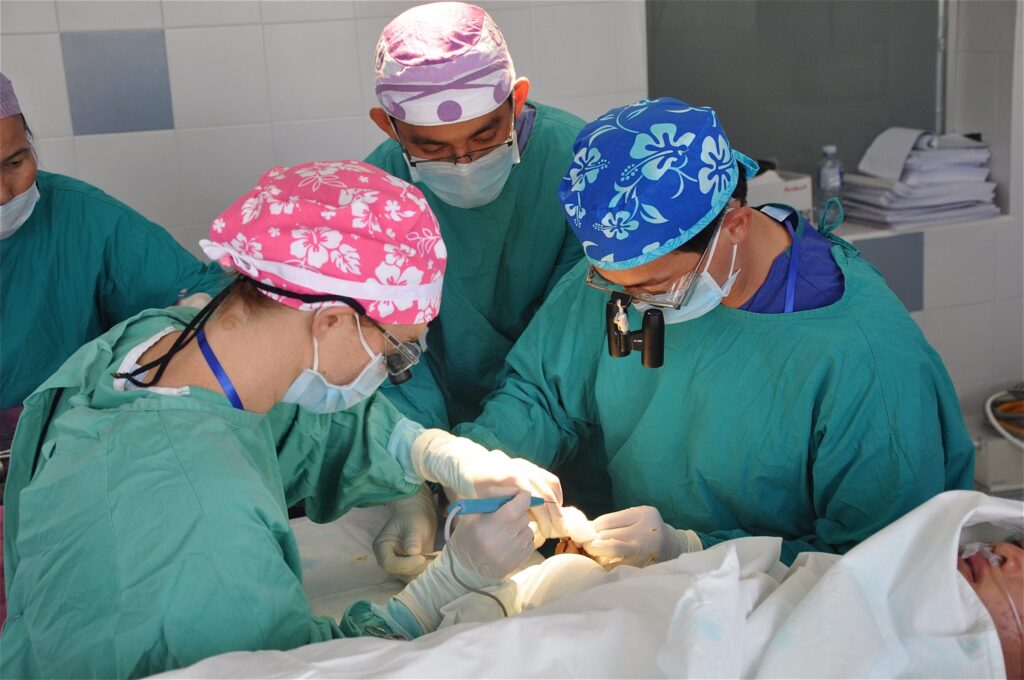
Are there any cases from a ReSurge affiliated trip that stand out for you?
One that stands out was a difficult macrodactyly case; macrodactyly refers to overgrowth of the hand digits. I operated on the patient and was able to reduce the size of their finger, however it remained larger than I would have liked. At the end of the case, I was slightly disappointed because while I was able to improve the problem, it was not completely resolved. During a conversation with one of the local surgeons later, I was told that the patient loved their result in follow-up and was excited for me to come back to address the same problem on their other hand. This was early in my career, and while it was a humbling experience for me in the operating room, it was also nice to know that I really made an impact for the patient.
Another case that stands out was one that a craniofacial surgeon colleague performed. It was a large craniofacial reconstruction of a young female who had been run over by a cart. Her face needed significant reconstruction which the local team could not offer. In the United States, we would use several small plates and screws for this type of case. However, the local hospital did not have access to those plates and screws, so patients had to buy them and bring them to the operating room themselves. My colleague used some of the plates and screws that the patient had brought, but he mainly used wires to fixate the facial fractures, which is a technique that was used in the early days of craniofacial surgery. Ultimately, the patient’s postoperative result was incredible, and I was able to witness firsthand the profound impact that the operations we do can have despite limited resources.
Do you have any advice for female surgical trainees interested in pursuing a career similar to yours, which incorporates global outreach?
I went on my first ReSurge trip as a fourth-year resident and another trip in my sixth year of residency. But I didn’t go on any trips again until I was in my second year in practice. The reason being that I had a child during that time. I think it is important for female trainees to know that there will be gaps in their ability to be involved, and one must balance involvement with family time and home time. As surgeons, we are well equipped to do that since each day we balance our schedule between things we need to do for work and things we need to do for our home life. The great thing about ReSurge is that visiting educators can choose to go when they have the time and energy that is required to give to a particular trip. I think that is important because if a surgeon wants to make Resurge and global outreach a part of their life, they must have the energy to be a good teacher and mentor while on these visiting educator trips.
Is there anything else that you would like to mention about ReSurge?
I think there are two important things that ReSurge does well – mentorship and standardized education. The mentorship component is important because there are not a lot of econstructive surgeons in the developing world due to a lack of access to training and guidance. The standardized education component ensures that we provide consistent, high-quality training. Something that we have not touched on during our conversation is that it is essential to provide the same quality of care abroad that we provide here in the United States. ReSurge really focuses on that by having experts go as visiting educators to teach the workup of the patient, the surgical procedure, and then how to care for the patient post-operatively. ReSurge understands that what is important is not necessarily the number of patients we are impacting on each trip, but rather, the quality of the local surgeons that we are developing. This aspect of ReSurge’s mission is very important to me.

